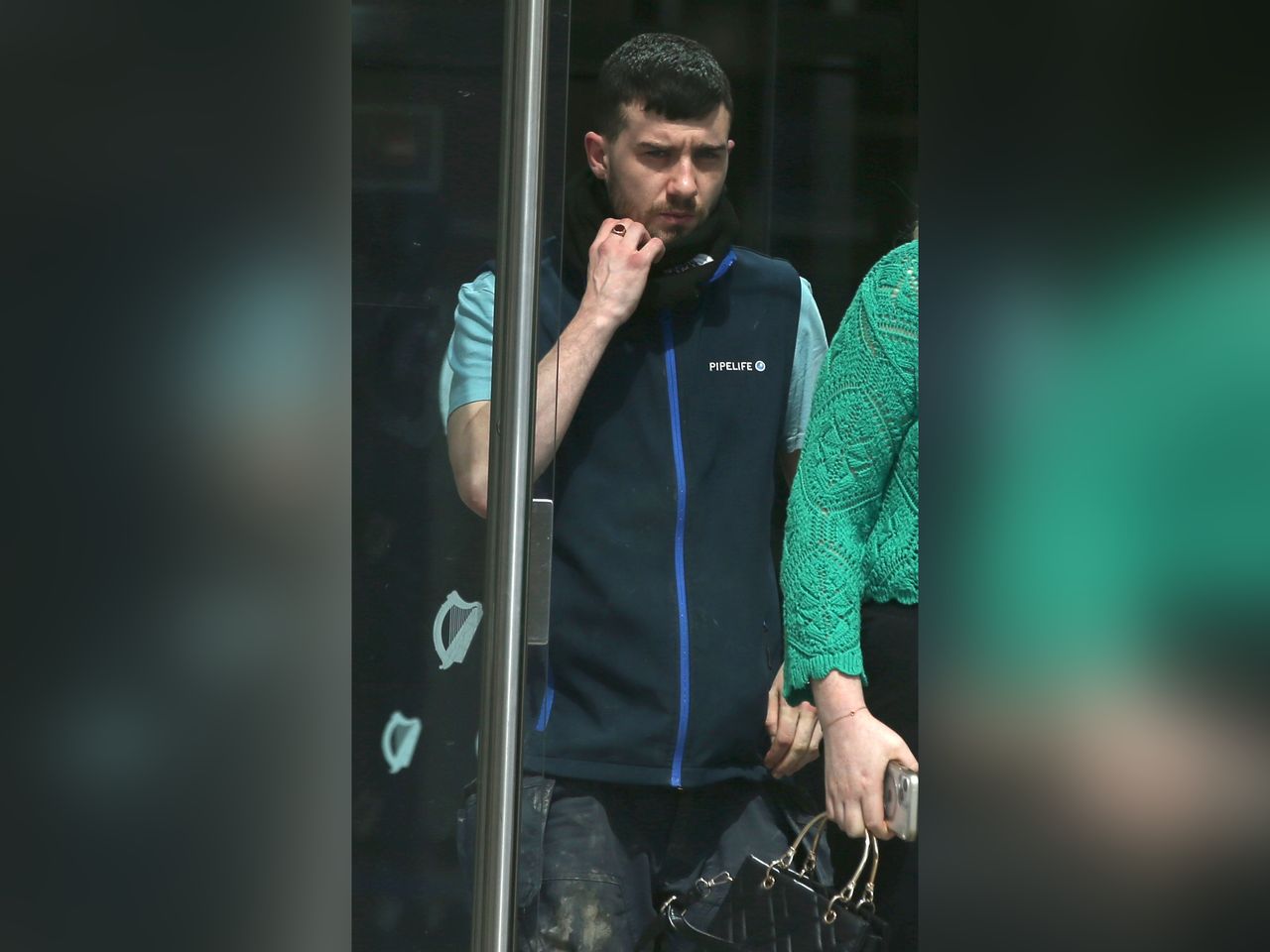In a shocking turn of events, Gardaí have taken action against a woman in connection with a massive €500,000 fraud case at Trinity College. The woman, who holds an administrative position within the university, has been arrested and charged as part of an ongoing investigation led by gardaí stationed at Pearse Street.
The intricate nature of the scheme has left many astounded. Reports suggest that funds were illicitly funneled out of a student hardship fund through a complex web of transactions involving individuals acting as “money mules
” or intermediaries. This strategy effectively obscured the trail between the initial fraudulent activities and those benefiting from the misappropriated money.
It is crucial to note that these so-called money mules had no affiliation with Trinity College and had not sought assistance from the hardship fund. This revelation adds layers of complexity to an already convoluted financial deceit.
Authorities are sparing no effort in pursuing justice in this matter. The accused woman, said to be in her 40s, is scheduled to make an appearance before the Dublin District Court today. A statement released by Gardaí shed some light on the situation: “
A woman in her 40s has been charged in connection with an investigation into the alleged misappropriation and theft of funds at an educational institution in Dublin City.
”
As this scandal unfolds, questions arise about how such a sophisticated operation could have gone undetected for so long within one of Ireland’s most prestigious academic institutions. The repercussions are likely to reverberate throughout Trinity College and beyond as trust is shaken and reputations called into question.
Experts emphasize that cases like these underscore the importance of robust internal controls and vigilant oversight mechanisms in all organizations handling financial resources.
Dr. Sarah O’Brien, a forensic accountant specializing in fraud investigations, remarks, “
This incident serves as a stark reminder that no entity is immune to fraudulent activities.” She stresses the necessity for continuous monitoring and proactive measures to prevent similar occurrences elsewhere.
While legal proceedings unfold, it is essential for institutions across sectors to learn from such incidents and fortify their defenses against potential financial malfeasance. As authorities delve deeper into unraveling this intricate web of deception, one can only hope that justice prevails and steps are taken to prevent future breaches of trust on such a grand scale.









Leave feedback about this